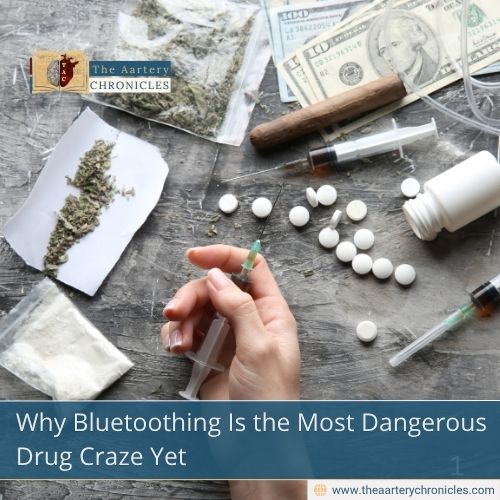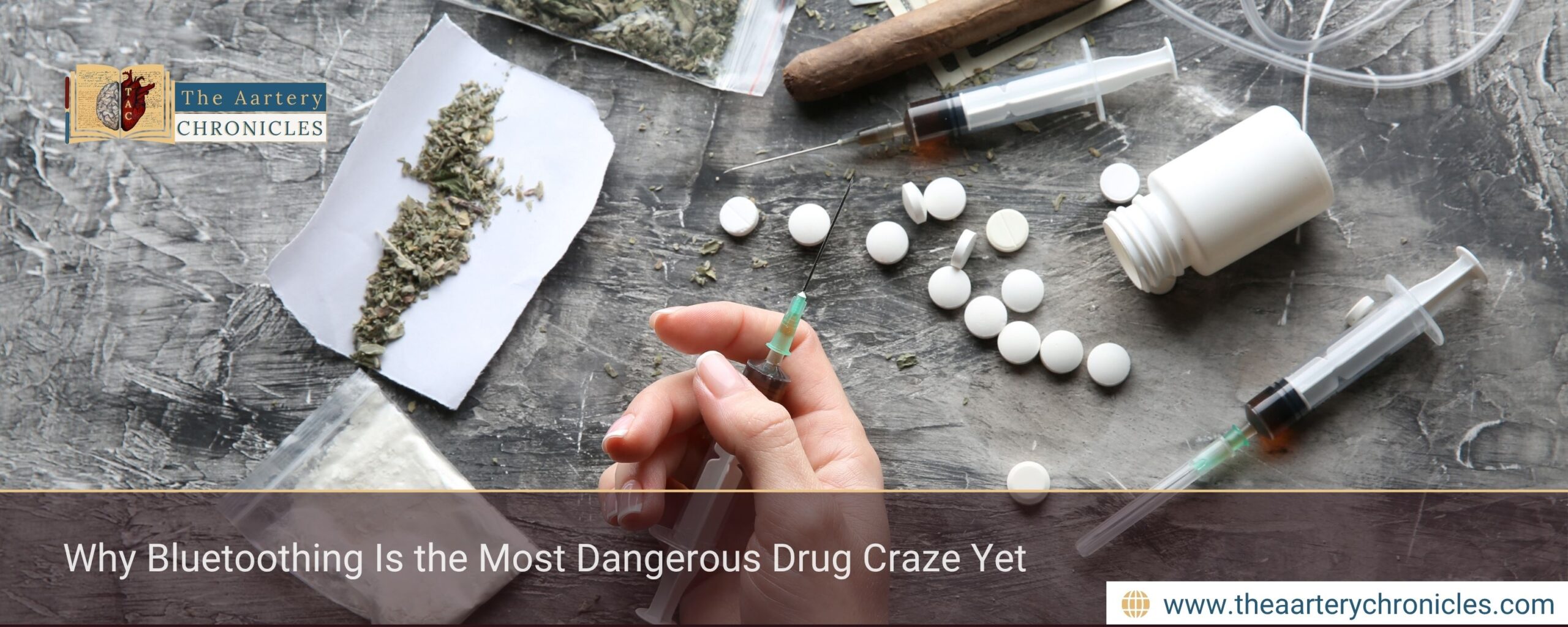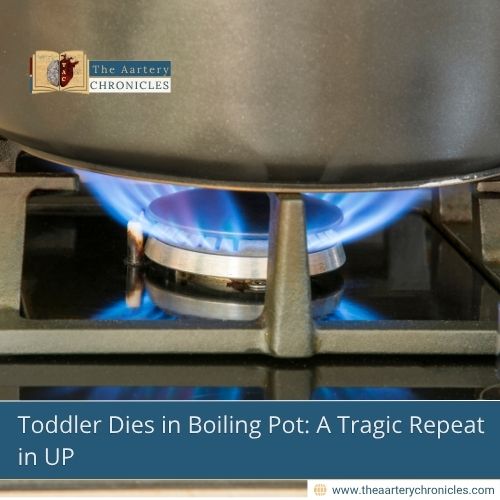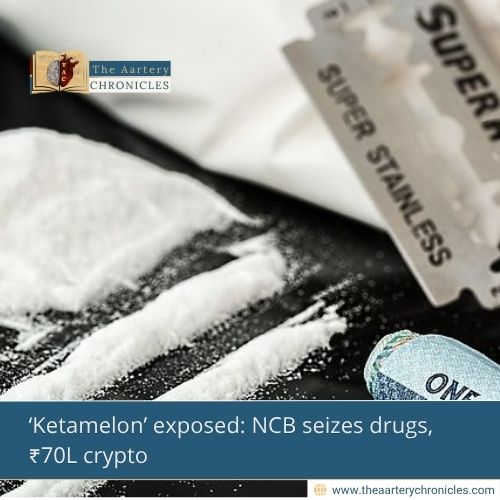

Why Bluetoothing Is the Most Dangerous Drug Craze Yet
Bluetoothing, also called Hotspotting or Flashblooding, is a disturbing and dangerous new practice spreading among young people in several countries. Health experts warn that this alarming trend is fueling a sharp rise in HIV infections and other serious diseases.
What Is Bluetoothing?
Bluetoothing is a risky form of substance abuse where one person injects drugs, then has some of their blood, now mixed with the drug, drawn out and passed to another person, who then injects that same blood.
This is done to share the drug’s effects without each person having to use their own supply. Essentially, people are injecting the blood of someone who is already high.
Because this process involves sharing syringes and blood, it creates an extremely high risk of HIV and hepatitis transmission. Doctors describe it as one of the most dangerous drug practices ever observed.
Why Are People Turning to Bluetoothing?
Experts say Bluetoothing began as a desperate response to rising drug costs and shortages. In communities facing poverty or limited access to drugs, individuals share their “dose” through blood to save money.
According to Professor Brian Zanoni from Emory University, who studies drug injection behavior in South Africa, this practice is seen as a cheap way to get high, “two doses for the price of one.”
However, what seems like an economical shortcut can lead to lifelong health consequences.
Health Risks and Global Impact
The health risks linked to Bluetoothing are severe. Apart from HIV, users are exposed to bacterial infections, sepsis, and hepatitis B and C, which spread easily through the blood. Once infected, treatment is often complex, expensive, and requires lifelong management.
Countries such as South Africa and Fiji have already reported worrying spikes in HIV infections connected to Bluetooth.
Between 2014 and 2024, HIV cases in Fiji increased nearly tenfold, according to the United Nations. During just the first nine months of 2024, the Fiji Ministry of Health confirmed 1,093 new HIV cases, with 223 linked to intravenous drug use, and Bluetoothing was identified as one of the key drivers behind this surge.
Conclusion
Public health authorities describe Bluetoothing as a public health emergency. Unlike traditional drug use, this practice not only affects the user but also directly endangers others through the intentional exchange of blood.
Experts are urging governments, rehabilitation centers, and community health programs to educate at-risk youth and increase access to clean syringes and addiction support services.
Raising awareness about the dangers of Bluetoothing is crucial to stop its spread before it becomes more widespread.
Bluetoothing is a deeply troubling trend that blends substance abuse with direct blood sharing, a combination that makes it one of the most infectious and life-threatening drug practices in the world today.
While some may see it as a way to save money or share an experience, the long-term consequences can be devastating. Health experts emphasise that no high is worth the risk of HIV, hepatitis, or death
Source: Inputs from various media Sources
I’m a pharmacist with a strong background in health sciences. I hold a BSc from Delhi University and a pharmacy degree from PDM University. I write articles and daily health news while interviewing doctors to bring you the latest insights. In my free time, you’ll find me at the gym or lost in a sci-fi novel.
- Priya Bairagi
- Health News and Updates,People Forum
- 14 October 2025
- 13:00








